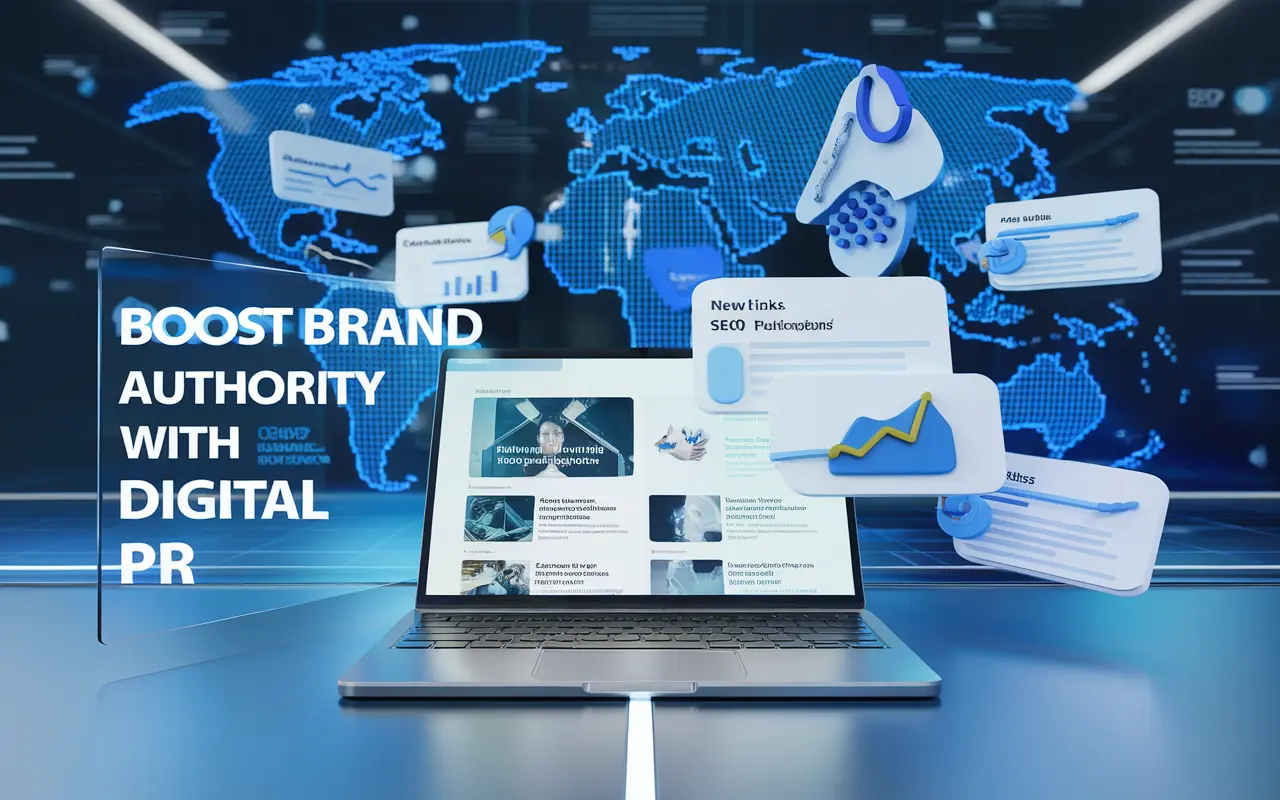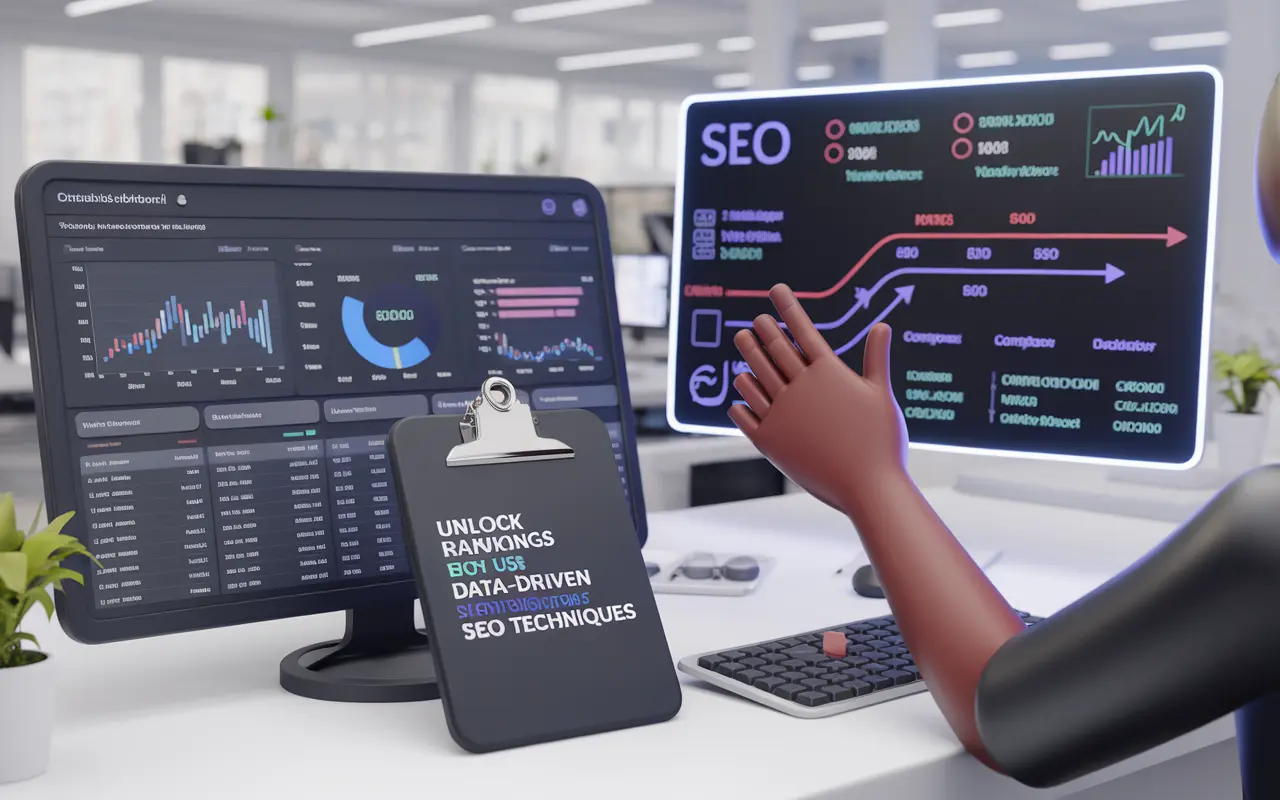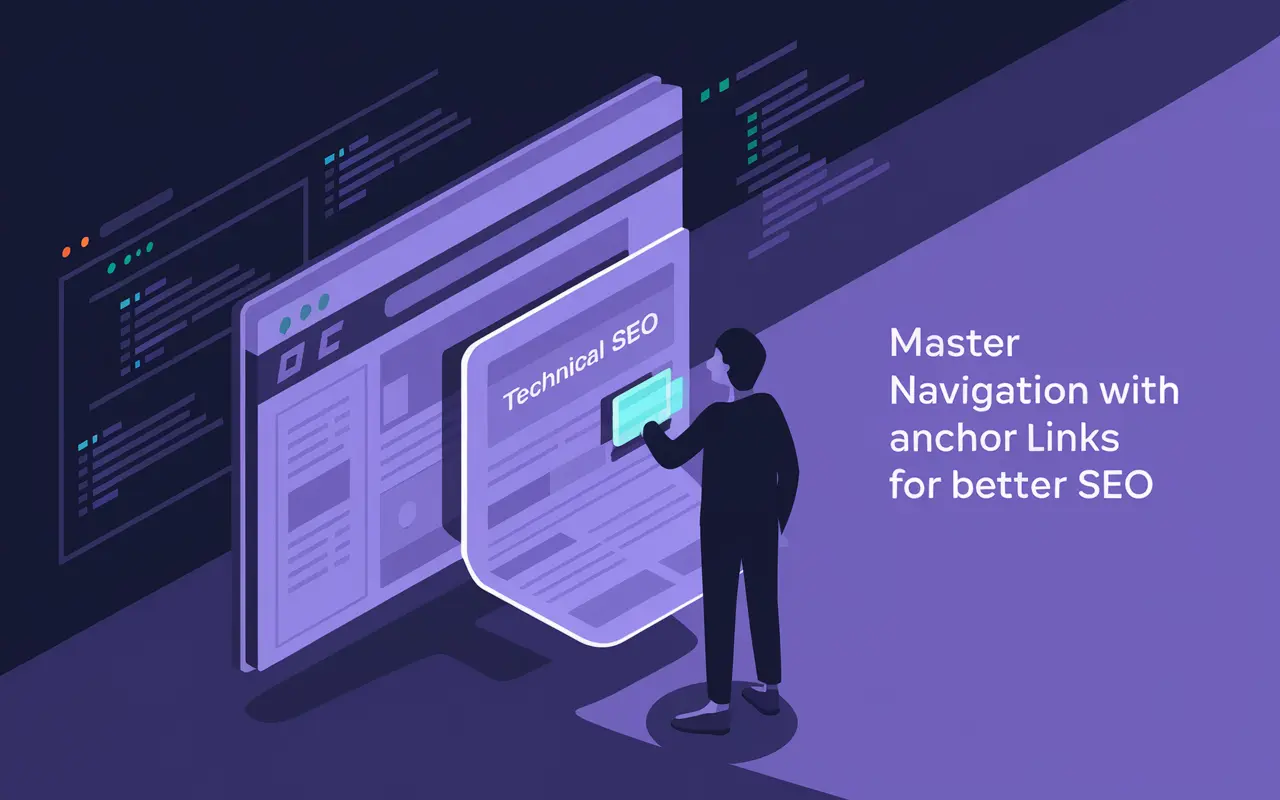Understanding Digital PR and Its Role in SEO Growth
Digital PR, or Digital Public Relations, is a modern SEO and marketing strategy that focuses on building high-quality backlinks, brand mentions, and increased online visibility through press coverage, influencer engagement, and content marketing. Unlike traditional PR, Digital PR is primarily data-driven, outcome-oriented, and optimized for digital platforms, making it a key pillar in organic SEO strategies.
It involves publishing compelling content such as press releases, expert insights, industry-specific stories, and data-driven articles and then building connections with online media, bloggers, and influencers to amplify reach and earn quality backlinks. These backlinks act as trust signals for search engines, helping boost domain authority and keyword rankings.
Key Takeaway
Key Takeaway
Digital PR enhances search engine visibility by generating authoritative backlinks, improving brand mentions, and establishing industry authority—making it essential for overall SEO success.
How Digital PR Enhances SEO Success
Digital PR isn’t just a public relations strategy—it’s a powerful SEO engine. Its contributions to SEO can’t be overstated. By earning high-quality backlinks—which Google considers as a vote of confidence—Digital PR significantly boosts your website’s authority in the eyes of search engines.
Visit our SEO services page to understand how Digital PR integrates into a full SEO strategy.
Boosts Domain Authority
Earning backlinks from high-authority news sites and publications dramatically improves your domain authority, increasing chances to rank higher on Google SERPs.
Drives Referral Traffic and Brand Awareness
Beyond SEO, Digital PR attracts audiences by placing content where your target users already are—on popular blogs, media outlets, and niche platforms.
Establishes Topical Authority
When you’re regularly mentioned in your industry’s digital ecosystem, your brand becomes a trusted authority—a signal Google respects in its E-E-A-T criteria (Experience, Expertise, Authoritativeness, Trustworthiness).
Digital PR Best Practices That Maximize SEO Value
- Identify Link-Worthy Content: Create data-led stories, surveys, expert commentary, or content that solves real problems—something media outlets and influencers want to share.
- Build Targeted Media Lists: Use tools like BuzzStream or Cision to create segmented lists of relevant journalists or bloggers in your niche.
- Use Digital PR Tools: Leverage platforms like HARO (Help A Reporter Out), ResponseSource, or PRnewswire to find PR opportunities and distribute content.
- Craft Newsworthy Angles: Combine your expertise with trending topics to launch campaigns that feel both timely and valuable.
- Add Visual Storytelling: Infographics, charts, and visuals can increase engagement and make your content share-worthy.
- Measure with SEO Metrics: Track metrics like earned backlinks, referring domains, domain authority, organic traffic spikes, and keyword improvements.
The Mechanics of Digital PR in SEO Campaigns
Here’s how a typical Digital PR campaign works as part of an SEO strategy:
1. Campaign Planning
The process starts by defining goals—whether to earn links, drive traffic, or build social buzz. A brainstorming session identifies data points, unique angles, or trending themes worth exploring.
2. Content Creation
Teams create press releases, digital assets (like videos/infographics), or unique insights (through original research) catering to target journalists’ interests and audience needs.
3. Outreach and Placement
Outreach involves personalized pitches to journalists and bloggers, facilitated through PR platforms or direct networking. The goal is to secure coverage that includes backlinks.
4. Monitoring and Reporting
Post-campaign, outreach efforts are tracked using tools like SEMrush, Google Analytics, and Ahrefs to attribute links, traffic, and changes in search ranking.
| PR Activity | SEO Outcome |
|---|---|
| Feature in Forbes article | High-authority backlink (+DR) |
| Guest Post on Industry Blog | Referral traffic and keyword association |
| Expert Quote in News Publication | Brand recognition and topical authority |
Case Study: How Digital PR Elevated a SaaS Brand’s Google Ranking
Problem: No Organic Visibility Despite Great Product
A mid-size SaaS company had taken off with enterprise clients but couldn’t rank for even branded keywords. Their commercial pages had few backlinks and domain authority sat below industry average.
Solution: Launching a Data-Driven Digital PR Campaign
The team created a whitepaper about digital transformation trends, including exclusive data, and pitched it as a story to media outlets, earning placements in TechCrunch, Wired, and ITNews.
Results: 320% Traffic Increase and 11 High-DA Backlinks
Within 8 weeks, organic traffic grew by 320%, and domain authority jumped from 23 to 37. Three money keywords moved to Page 1. Referral traffic also increased by 140%.
Common Mistakes in Digital PR—and How to Avoid Them
- Chasing Only Big Media: Not every campaign needs a national publication—niche blogs with targeted relevance often perform better for SEO.
- Ineffective Outreach: Generic PR emails are ignored. Write personalized, value-driven pitches.
- Weak Value Proposition: If your content lacks a hook, headline, or insight, no one will share it—even with a big media list.
- Not Tracking SEO Metrics: Many overlook SEO KPIs and focus only on PR vanity metrics. Align efforts with backlinks, traffic, and rankings.
Related Terms You Should Know
Here are some SEO concepts closely tied to Digital PR:
- Off-Page SEO: Covers everything happening outside your site that affects search rankings—including backlinks and brand presence.
- Link Building: The strategic process of acquiring backlinks from authoritative sites, a core aspect of Digital PR.
- SEO Content: Content created specifically to rank in search engines and attract backlinks/mentions.
FAQs About Digital PR
Digital PR differs from traditional PR in its focus on SEO value, digital platforms, high-authority backlinks, data-centric campaigns, and performance measurement through online metrics.
Any website—e-commerce, SaaS, B2B, or a blog—can benefit from Digital PR by improving visibility, earning backlinks, and boosting search rankings.
Digital PR is a form of high-quality link building, but with wider reach and long-term branding benefits. It achieves both SEO gains and brand coverage.
SEO results from Digital PR can take 4-12 weeks to reflect in rankings as Google crawls and evaluates new backlinks and brand mentions.
Conclusion: Digital PR is a Long-Term SEO Power Move
Successful SEO isn’t only about what happens on your site—it’s about how other websites talk about you. Digital PR excels in earning trust, attention, and authority online. Whether you’re launching a new product or establishing your brand as an industry leader, this off-page SEO technique is essential to achieving visibility in competitive search results.
Start applying Digital PR strategies today to amplify your rankings, build brand authority, and get found by the right audience. Explore more SEO strategies here.






